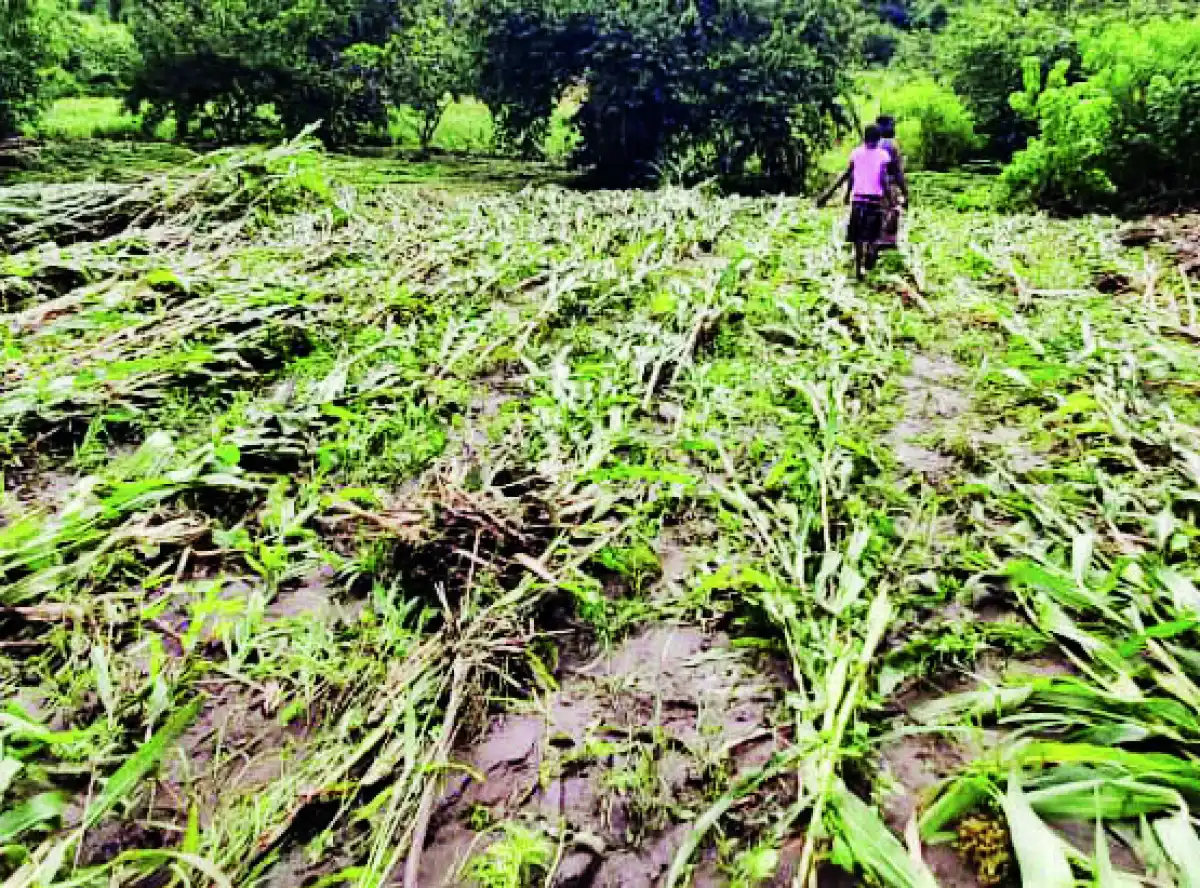
By Kingsley Jassi:
Civil Society Agriculture Network (Cisanet) and Mwapata Policy Institute have weighed in on the country’s weakened food production system, saying it continues to threaten the economy.
Malawi’s economy has slowed down recently due to low productivity as food supply is low, pushing up inflation while industry players gasp for raw materials.
Speaking in a BBC interview, Cisanet acting National Director Elizabeth Namaona described the approach to the current food situation as more reactive than proactive.
She said, as such, the approach was undermining recovery efforts.
She emphasised the need for more decisive actions to address climate change-related problems and ensure food security.
While acknowledging the existence of policy frameworks such as the National Climate Change Management Policy, Namaona noted that their implementation had been inconsistent, a problem compounded by underfunding.
“Civil society organisations are now calling for greater transparency and accountability in the allocation of funds, as well as for increased involvement in the decision-making process, given that they are often excluded,” Namaona said. In a separate interview, Mwapata Policy Institute Executive Director William Chadza acknowledged that efforts were being made to build resilience.
He agreed with Namaona that ongoing efforts included investments in irrigation, the provision of farm inputs, public works that aim to improve land and water management and the promotion of the use of manure as some visible efforts.
Chadza said additional options included supporting mega farms as they are likely to be more efficient and have high yield due to efficient operations, enhancing integrated soil fertility management practices to reduce input cost and intensifying irrigation to address the adverse effects of climate change. He was quick to say there were risks ahead.
He cited weather shocks, low usage of inputs due to high costs, recycling of seed and untimely supply of subsidised inputs that are likely to undermine production.
“The private sector could take a role in supporting access to inputs through prepaid or credit models. Government should work with existing mega farms to intensify production of food and other commercial crops,” Chadza said.
He added that the private sector should enhance commercial supply and distribution of inputs such as seeds and pesticides through their networks.
“It would also be paramount for Admarc [Agricultural Development and Marketing Corporation] to be prepared to enter the market immediately after harvest to offtake produce at good prices,” Chadza said.
The country’s agricultural output declined by 27 percent in 2024, affecting the growth projection—which was revised downwards from 3.3 percent to 1.8 percent as inflation, driven by food prices, is expected to average 35.4 percent, way ahead of the 27.1 percent which was earlier projected.








0 Comments